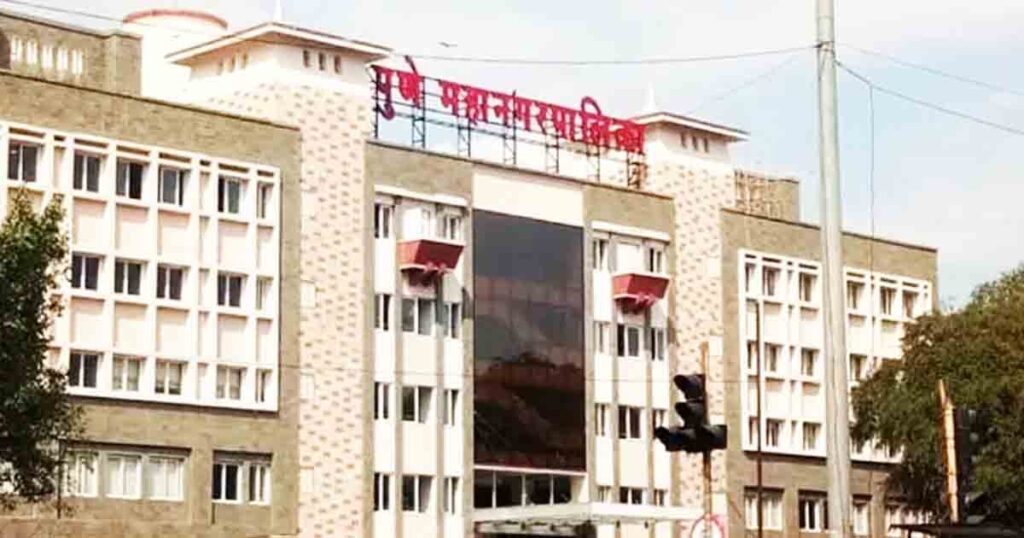Pune: PMC to tighten safety regulations in hospitals after Delhi hospital tragedy

Pune: PMC to tighten safety regulations in hospitals after Delhi hospital tragedy
A fire broke out at a pediatric hospital in Delhi last week, killing six newborns and injuring five others, causing widespread condemnation and anger due to ignorance of safety protocols and violations of basic rules.
The Pune Municipal Corporation (PMC) has initiated rigorous inspections of hospitals following a Delhi hospital fire that killed six newborns. The state public health department has issued an advisory, urging health officials to conduct thorough inspections, address electrical capacity discrepancies, ensure valid fire NOCs, and implement critical safety measures to prevent potential hospital fires.
The Maharashtra Nursing Home Registration Act 1949 regulates 899 private hospitals and nursing homes in PMC, while the Pimpri Chinchwad Municipal Corporation has 617 private hospitals and 1,456 clinics. However, officials have raised concerns about fire safety neglect in some clinics and small and medium-sized hospitals.
Dr Kalpana Baliwant, PMC’s deputy health officer, has instructed ward medical officers to conduct thorough fire and electrical audits for private hospitals seeking new registration or renewal under the Bombay Nursing Home Act. While most private and PMC-run hospitals have valid fire NOCs and electrical audits, ward medical officers are instructed to conduct thorough inspections to ensure fire safety and electrical standards compliance. A letter has also been sent to health officers across the state to ensure fire and electrical maintenance and compliance.
Officials emphasize the importance of fire safety assessments in hospitals due to the high rate of fire accidents caused by short circuits, overheating, overloading, poor-quality electrical equipment, improper wiring, lack of proper earthing, and increased electrical load.
The letter advises hospitals to ensure the safety of electrical equipment in critical departments like SNCU, ICU Surgery, and Dialysis units. It emphasizes the importance of load audits and calibration of electrical loads, and the need to prevent connections between high-power devices. Hospitals storing combustible materials have been instructed to implement strict no-smoking rules in areas with oxygen tanks and piped oxygen. Staff should also be trained on fire safety protocols, evacuation procedures, and the use of firefighting equipment. These measures aim to protect patients, staff, and visitors from potential hazards.










